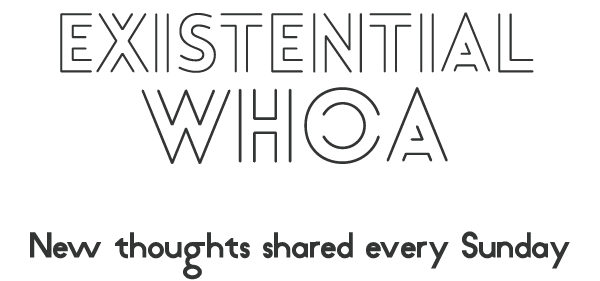I refresh my Facebook feed and ‘Nihilist Memes’ is the first thing to pop up. There’s an image of a father and his toddler aged son saying “i wish i was a butterfly.” “because it can fly?” asks the father. “because it dies in 24 hours.” The meme has almost 40k likes at the time of this posting.
As the internet transforms the way we communicate and relate, older folk often miss out on some of the subtleties lying beneath the surface of our Instagram feeds and meme pages. We are a generation born into frustration as the world is simultaneously at our fingertips to observe, but light-years away from impacting. We learn about billions of new planets being discovered on a regular basis, but this universal perspective keeps our own personal futility at the forefront of our minds.
We absord irony like it’s going out of style because our very existence is the epitome of a fucking paradox. The universe seems to be writing a satire about consciousness, poking fun at our hero’s journey by seducing us with imaginations that never end and a laughably small human lifespan to explore our dreams.
We are told to make our lives meaningful and then forced into a capitalist economic system that demands nearly all of our free time to be spent ‘earning’ food and housing through meaningless work. We have begun to tear down the facades of religious securities and we see the scared little men high in their towers, still attempting to pull our marionette strings to buy into their disguise.
There are only so many ways to cope at this point in human discovery, and I applaud our generation’s wry handling of the situation. We’ve used the constantly churning machine of internet content to distract and entertain. We make jokes about anyone who gets too serious, because we realize that absurdity must be taken with a dose of levity. We only speak in sarcasm and we give into our warped senses of humor. We take your Dada movement of the early 20th century and raise you Donald fucking Trump as our president and all of the gloriously hilarious jokes to come from it. Nothing is too sacred to troll anymore, and perhaps that’s a good thing.
Recommended Reading:
[one_fourth padding=”0 50px 0 50px”][/one_fourth][one_fourth padding=”0 50px 0 50px”]
[/one_fourth][one_fourth padding=”0 50px 0 50px”]
[/one_fourth][one_fourth_last padding=”0 50px 0 50px”]
[/one_fourth_last]
























